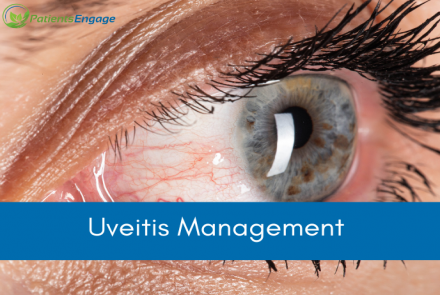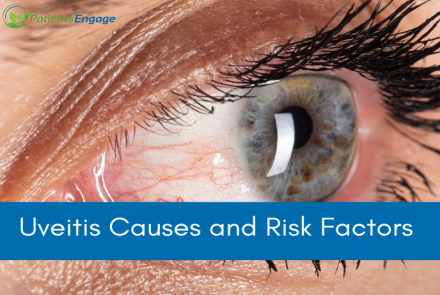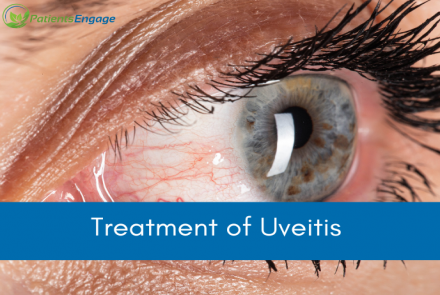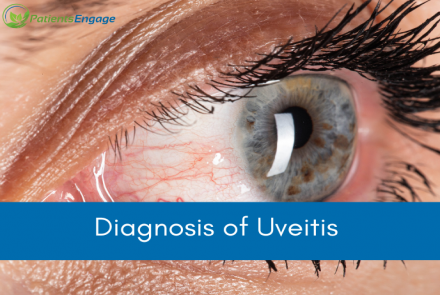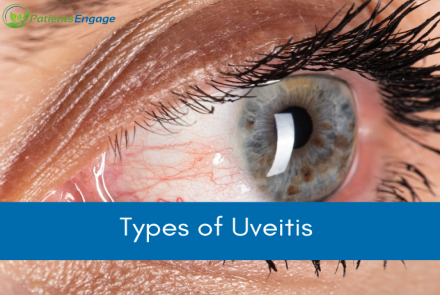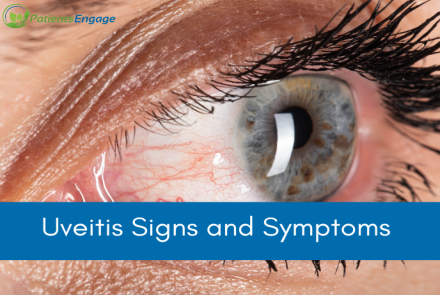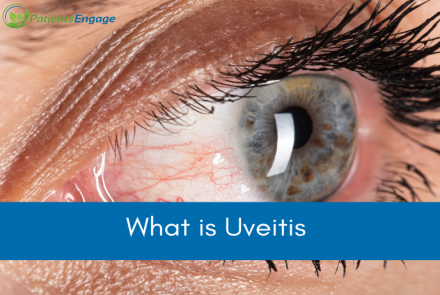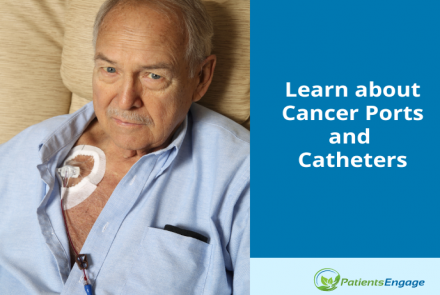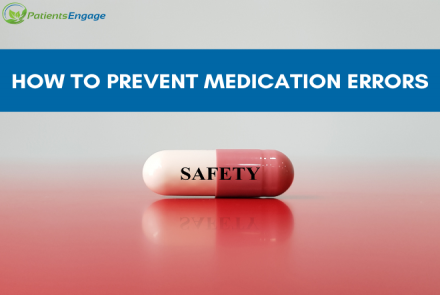Does Lifestyle management play a role in management of Uveitis?
In addition to following treatment protocols as described, there is a role for lifestyle modification in many cases.
Some forms of uveitis, e.g. HLA-B27 associated uveitis, are triggered by specific factors such as stress or change in diet or season. However, all the factors are not necessarily amenable to lifestyle modification.
Smoking has been associated with increased incidence of all anatomical forms of uveitis, and cystoid…
Latest Stories
- The causes of uveitis can be divided into infectious and non-infectious causes. Infectious causes: The most common infections that cause uveitis are tuberculosis, viral infections (especially the herpes viruses) and toxoplasmosis. Although nearly any type of infection can enter the eye and cause inflammation. Most patients with infectious uveitis do not have evidence of infection elsewhere in the body. This is a fascinating area for uveitis researchers but very intriguing for the patients…
- Treatment options for Uveitis The treatment of uveitis depends on the following four factors: presence or absence of infection, location of uveitis in the eye, severity of inflammation, and the expected progression of the disease. All cases of uveitis, in which an infection is identified, require treatment with the specific antibiotic. The antibiotic is given as tablets, but in some cases, may also be injected into the eye. The inflammation in the eye, in both infectious and non-infectious…
- How is Uveitis diagnosed The diagnosis of uveitis largely depends on accurate identification of the pattern of inflammation in the eye. Once the pattern is recognized, specific lab tests are advised to either support or rule out a given diagnosis for the patient. The tests may include blood tests, radiological tests or testing the fluids collected from inside the eye (aqueous or vitreous). This approach is called targeted or tailored testing and is often successful in making the correct…
- Types of Uveitis Since uveitis affects several tissues in the eye, it is most often classified by which part of the eye is predominantly affected. Thus, uveitis affecting the front of the eye is called anterior uveitis, at the back is called posterior uveitis, the middle part intermediate uveitis, and that affecting the entire eye is called panuveitis. Uveitis is also classified by the type of tissue involved – so retinal inflammation is retinitis, and similarly, we have choroiditis (back part…
- Signs and symptoms of uveitis The signs and symptoms of uveitis depend on which part of the eye is predominantly affected. Uveitis affecting the front of the eye (iritis or iridocyclitis), or that affecting the sclera, mainly presents with redness or pain. On the other hand, uveitis of the back of the eye (retinitis or choroiditis) mainly presents with blurred vision. Often patients present with a combination of all these symptoms. Other symptoms of include floaters, and perception of…
- What is Uveitis? Uveitis refers to inflammation in the middle layer of the eye, also called the uvea. This layer of the eye is rich in blood vessels, and therefore a lot of blood flows through it, making it prone to infections coming into the eye through the blood, as well as to immune reactions. In practice however, uveitis is a broad term used to describe inflammation affecting any tissue inside the eye. This may include the retina, retinal blood vessels, and vitreous gel inside the eye. Most…
- When you or a loved one is first diagnosed with cancer, there are a lot of new terms to deal with. There are also a lot of questions about how treatment delivery mechanisms. This article addresses these unanswered questions. You can also refer to the glossary for more information on cancer terminology. If you or your loved one has been through cancer treatment, you may be aware of the various types of medical inserts used by Oncologist for Chemotherapy. Most medicines are injected into the vein…
- Globally, as many as 4 in 10 patients are harmed in primary and outpatient health care. Up to 80% of harm is preventable. The most detrimental errors are related to diagnosis, prescription and the use of medicines. This article highlights tips that patients and their family caregivers must follow to prevent medication errors at home. What are Medication Errors? Medication error has been defined by the National Coordinating Council for Medication Error Reporting and Prevention as “Any…

